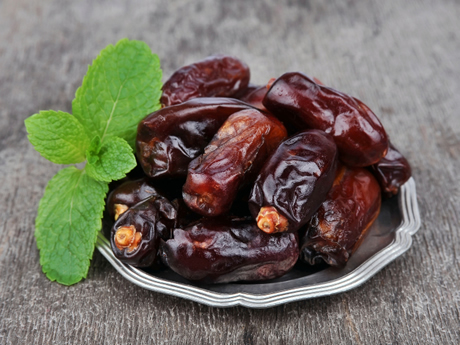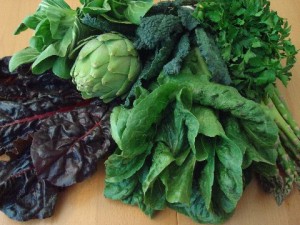Blood deficiency
Is a diagnostic term we use in Traditional Chinese medicine (TCM) for someone who is showing signs and symptoms of inadequate nourishment of the blood within the body. It is not uncommon for women to present with this type of deficiency as women lose blood in every menstrual cycle, however men can also present with it.
Many of the symptoms (below) are similar to iron deficiency anaemia, however the concept of blood in TCM refers more to the quality of the blood in its entirety to nourish the body as a whole. Whereas, anaemia in a Western term relates to deficiencies of folic acid, B12, protein building blocks and other nutrients. It may be beneficial to share with your TCM practitioner if you are aware that you are iron deficient so that dietary changes can be made.
Symptoms include :
Low energy
Blurry vision
Light headedness
Poor memory
Dry eyes, skin and hair
Pale complexion, lips, tongue colour, nails and inside the eyelid
Difficulty falling asleep
Hair loss or premature greying
Women – light or absent periods, migraines/headaches at specific times in the cycle
Tremors, numbness, tics
Weak nails
Anxiety or other mood fluctuations
To correct the deficiency
We first look at where the deficiency is coming from:
1. A diet which is lacking in the appropriate nutrients
2. Poor digestive function (the ability to absorb nutrients)
3. Excessive bleeding (often menstrual but also due to trauma or following surgery)
Nutritional support
| Grains | Barley, corn, oats, rice, sweet rice, wheat, bran |
| Vegetables | Alfalfa sprout, artichoke, beetroot, button mushroom, cabbage, celery, dandelion leaf, dark leafy greens, kelp, shiitake mushroom, spinach, watercress, wheatgrass |
| Fruit | Apple, apricot, avocado, date, fig, grape, longan, mulberry |
| Beans/legumes | Aduki, black soya, kidney, chickpea, red lentils |
| Nuts, seeds | Almonds, black sesame |
| Fish | Mussel, octopus, oyster, sardine, tuna |
| Meat | All red meat especially bone marrow and liver (beef, pork, sheep). Bone broths are particular helpful |
| Dairy | Chicken egg, |
| Herbs, spices | Nettle, parsley |
| Oils, condiments | Amasake, molasses |
| Beverages | Soya milk |
| Common supplements | Algae, pollen |
Foods especially useful
| Vegetables | artichoke, beetroot, dandelion leaf, kelp |
| Fruit | avocado, date, mulberry, grape |
| Nuts /seeds | black sesame |
| Fish | oyster |
| Meats | beef, liver (both pork and sheep) |
| Herbs/ spices | nettle |
| Oils/ condiments | molasse |
Acupuncture
You may be consuming the correct foods, however if your digestive function is depleted than the nutrients are being passed through your stools instead of being transported to the cells around your body. This is where acupuncture comes in!
Acupuncture alone cannot nourish the blood, but it can greatly improve on the digestive function, like giving your body a 10-20% boost in what your digestive function should be doing, thus increasing the absorption of nutrients from food.
Cooking methods
There is also great importance on the way that foods are cooked. To support your digestive system, lightly cooking (steaming, blanching, soups, stews) and consuming warm foods is ideal. Add in some spices to aid digestion such as ginger, cumin, fennel and cardamom.
Herbs and supplements
To support your system further (on top of acupuncture treatments and dietary changes) and to nourish the blood more efficiently, a herbal formula may be developed for your individual situation. Supplements may include iron, vitamin B12, folic acid and to enhance iron absorption vitamin C (lemon juice) may be also taken with foods such as leafy greens.
Take care of you, see you in the clinic,
TK xx
Learn more > http://www.tanyakeamwellness.com



